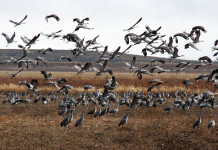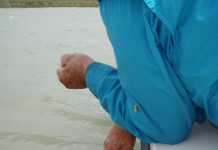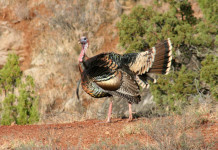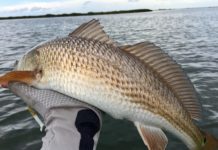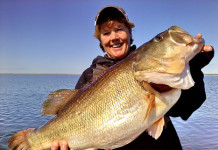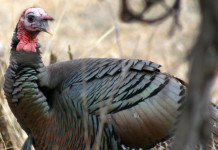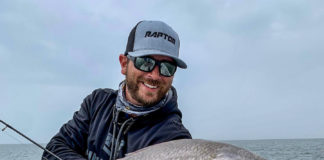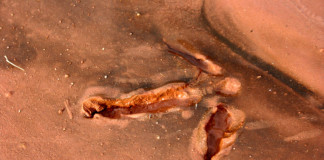A new study provides a glimpse at America’s economic stake in conservation, totaling the public and private investments in fish, wildlife and natural resources conservation at $38.8 billion per year — funds that circulate through the economy and stimulate $93.2 billion in economic activity.
“The Conservation Economy in America,” commissioned by the National Fish and Wildlife Foundation and conducted by Southwick Associates, reports the economic impacts of direct investments into conservation: the jobs, tax revenues and other dividends produced by state, federal and private conservation funding.America’s Voice for Conservation, Recreation and Preservation, a coalition of more than 1,200 organizations representing tens of millions of citizens with diverse political backgrounds who have united in support of conservation, recreation and historic preservation programs as a way to create jobs and improve the economy, drew data from the study and combined existing information to showcase some noteworthy findings:
- $1.7 trillion: economic impact attributed to natural resource conservation, outdoor recreation and historic preservation in the United States, $1.6 trillion of which is derived from consumer dollars spent on outdoor recreation activities as it circulates through the economy as quantified by the Outdoor Industry Association, the trade association for companies in the outdoor recreation business. These rounds of spending also create additional impacts:
- $211 billion: federal, state and local tax revenue generated annually from this sustainable economy;
- 12.8 million: number of jobs supported by these three sectors;
- $877 billion: combined contribution to the U.S. gross domestic product from these three sectors; and,
- $33.3 billion: total annual federal spending on natural resource conservation, outdoor recreation and historic preservation that helps generate this $1.7 trillion economy.
“Conservation-focused investments impact our nation’s economy in ways that cannot be ignored,” said Whit Fosburgh, president and CEO of the Theodore Roosevelt Conservation Partnership, in a news release. “If the government wishes to prioritize spending on areas that provide substantial return on investment, conservation, outdoor recreation and historic preservation should be at the top of their lists.”
“Conservation has always been a strong economic driver, and this new data reinforces that fact,” said Ducks Unlimited CEO Dale Hall, in the release. “When Americans pursue their favorite outdoor pastimes each year, they support wildlife conservation but also are strengthening our economy to a much greater degree than they may realize. Investing in conservation is a great deal for the American taxpayer.”




